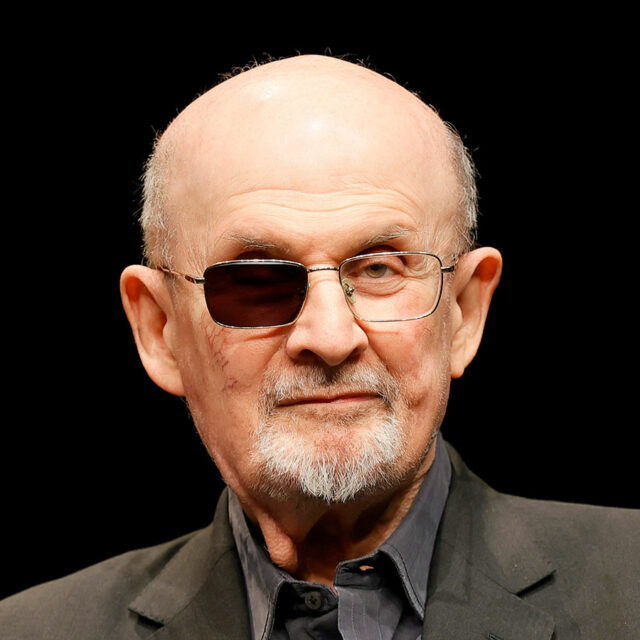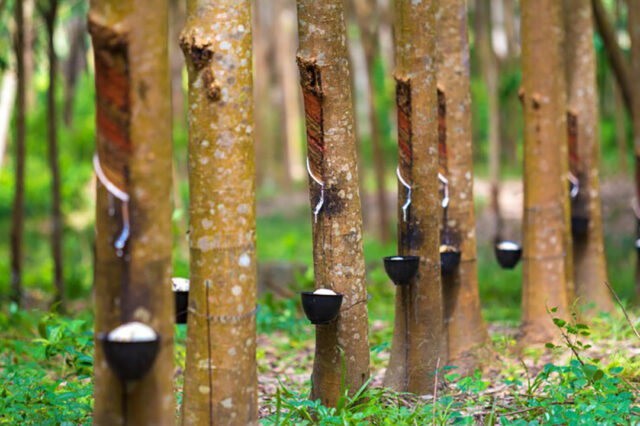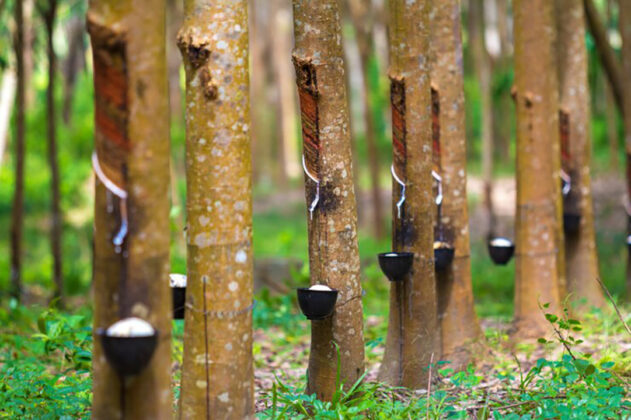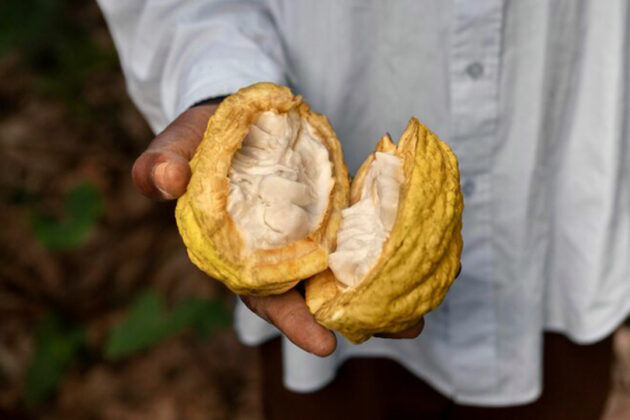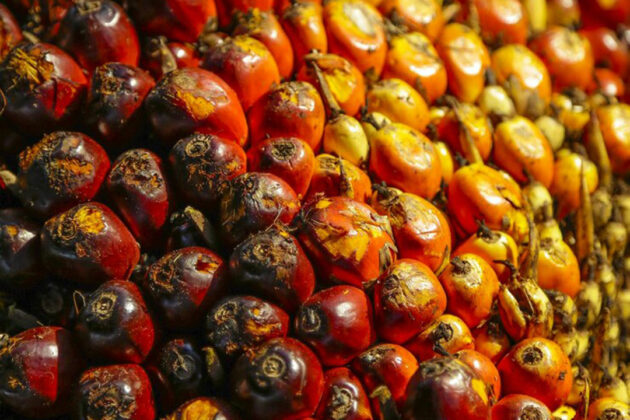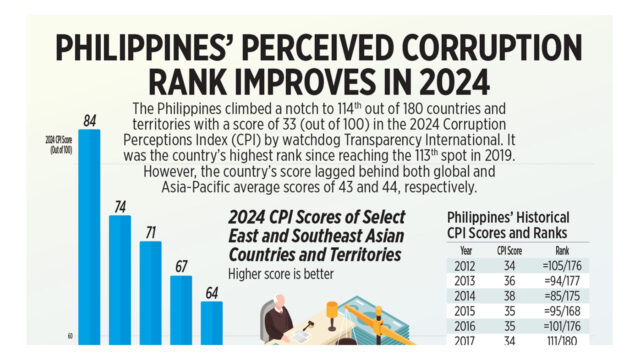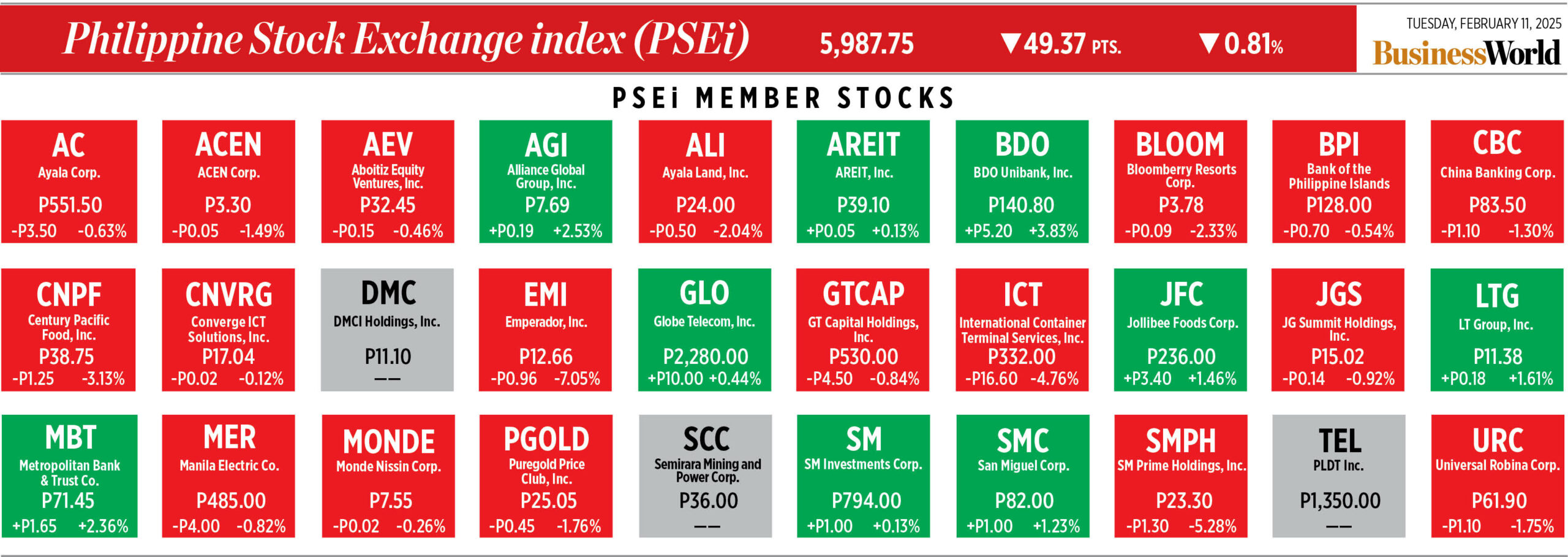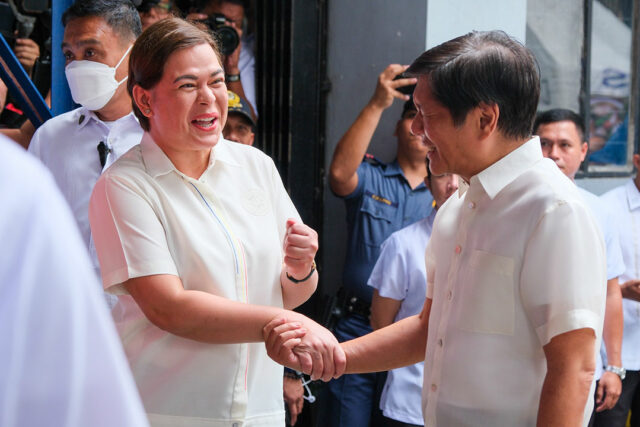By Chloe Mari A. Hufana and Kenneth Christiane L. Basilio, Reporters
THE Commission on Elections on Tuesday dismantled illegal posters in the Philippine capital as the campaign season for the midterm elections kicked off against a fractured political backdrop.
The political pressure is heightened by a high-profile row among warring elites that culminated in last week’s impeachment of Vice-President Sara Duterte-Carpio.
Election Chairman George Erwin M. Garcia led the operations with law enforcement authorities in the district of Tondo, Manila at dawn on the first day of campaigning by national candidates. The campaign season for local officials will start on March 28.
“This is a significant symbol, and it is for the entire nation to show candidates and political parties that in the coming days, if they post campaign materials in prohibited areas, we will remove them,” he told reporters in Filipino.
Illegal campaign materials are those that do not meet size requirements or placed in prohibited areas or printed on nonbiodegradable materials. Ms. Garcia said they would not remove campaign materials on private properties due to a 2022 Supreme Court ruling.
He said the confiscated posters would be used as evidence when charges are filed against erring candidates.
Ms. Duterte’s impeachment could see her removed from her post and banned for life from public office, and comes amid an escalating feud between her and President Ferdinand R. Marcos, Jr., whose once-powerful alliance propelled them to a landslide election victory in 2022.
Their fallout has sent ripples through Philippine politics, turning the midterms into a high-stakes power struggle and a preview of a likely battle between their camps in the 2028 presidential race.
Mr. Marcos is limited to a single six-year term under the 1987 Constitution and is expected to groom a successor, while Ms. Duterte would be eligible to run in 2028 if she survives the impeachment.
“The ones fighting in open warfare during the midterms are the same ones who won the historic unity victory in 2022,” political analyst and former presidential adviser Rolando M. Llamas said. “That’s very significant.”
“They secured the highest vote count in our history, and yet, almost immediately after winning, they began to unravel. This impeachment is just one episode in an unfolding saga that could rival any Netflix series.”
Up for grabs in the May 12 elections are 317 congressional seats and thousands of local posts. But the biggest battle will be for 12 spots in the 24-seat Senate, a chamber packed with political heavyweights and wielding outsized influence.
HIGH-STAKES CONTEST
For Mr. Marcos, the elections are widely seen as a referendum on his leadership as he seeks to secure a legislative majority to push forward his administration’s agenda.
But the stakes are equally high for Ms. Duterte, who faces an impeachment trial in the Senate expected in June. The election for senators will feature allies of Mr. Marcos and Ms. Duterte who will become jurors in the Senate impeachment trial.
For Ms. Duterte to be removed, at least 16 senators, or two-thirds of members, must vote to convict her.
A survey by pollster Pulse Asia Research, Inc. last month showed nine of Mr. Marcos’ senatorial bets leading the race, but two Duterte loyalists were in the top 12, keeping the Vice President’s camp in contention.
The trial looms as a pivotal moment not just for Ms. Duterte but for the political dynasty of her family, whose influence skyrocketed after father, Rodrigo R. Duterte, won the presidential election in 2016 on a promise to tackle crime and illegal drugs.
Mr. Duterte, 79, remains a formidable political figure and is running for mayor in his hometown Davao City, where his two sons are also running for vice mayor and for a seat at the House of Representatives, hoping to bolster the family’s southern stronghold.
The latest bout of drama erupted on Feb. 5, when the House, led by Speaker and presidential cousin Martin G. Romualdez impeached Ms. Duterte on charges that stemmed from accusations that included budget anomalies, amassing unusual wealth and an alleged threat to the lives of Mr. Marcos, the first lady and Mr. Romualdez.
Ms. Duterte has denied wrongdoing, while Mr. Marcos has said he does not support her impeachment.
Ms. Duterte led opinion polls last year on preferred candidates for the next presidency, so her removal, according to Mr. Llamas, could be a boon for Mr. Marcos’ chances of deciding his succession.
“If you’re able to convict Sara… in a way, you level the playing field,” he said. “There’s no longer any dominant candidate.”
The political opposition should develop fresh political messaging and avoid relying on the nostalgia of past campaigns, political analysts said.
Different opposition groups ranging from left-leaning organizations to liberal groups should also support each other’s campaigns without compromising their ideals in mounting a challenge against administration bets, they added.
“When a candidate rides on the tails of a previous candidate or campaign, they look weak or unimaginative,” Hansley A. Juliano, who teaches political science at the Ateneo de Manila University, said in a Facebook Messenger chat.
“I’m afraid this is still the energy of the opposition campaign, especially since clearly, the political party building effort in the Philippines has failed,” he added. “A candidate claiming continuity with another candidate barely works.”
Opposition candidates should set the tone of their campaign message by addressing key issues faced by Filipinos, such as high prices and food security, said Arjan P. Aguirre, who also teaches political science at the Ateneo.
“They should win the people’s support by… offering alternative programs, legislation, plans for the country’s economic recovery, food security, employment and livelihood,” he said via Messenger chat.
“It is clear that the administration ticket has the advantage of incumbency and use of machinery. This translates to having a high awareness level and steady access to resources that can allow them to connect to voters and solicit their support,” he added.
Administration candidates also have access to government programs for politicking purposes, he added. “These resources unfortunately come in various forms like government projects, programs and initiatives that can easily be mistaken as favors, benefits and goods.”
“Opposition candidates may still be under the presumption that organizing can trump money and machinery — and it can, but only if it is for the long term and consistent,” Mr. Juliano said.
Candidates could use the impeachment of Ms. Duterte to solicit voter support, regardless of their stance, said Jean S. Encinas-Franco, a University of the Philippines political science professor. She noted that some senatorial candidates could present themselves as capable jurors for Ms. Duterte’s trial, while others could offer sympathy to her supporters to also gain votes.
Opposition parties have the opportunity to support grassroots candidates at the local level, according to Anthony Lawrence A. Borja, an associate political science professor at the De La Salle university.
“The current system will remain unchanged if the local level stays the same,” he said via Messenger chat. — with Reuters


